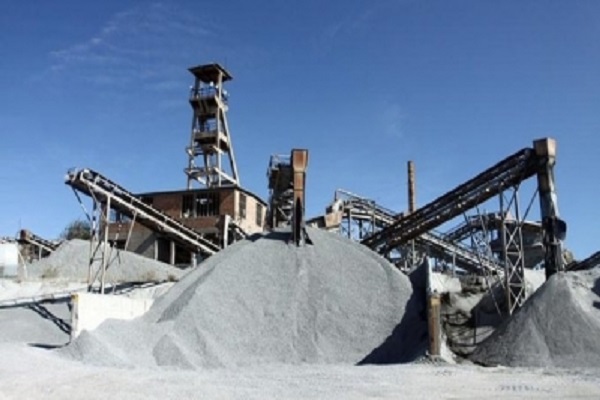China`s Global Economic Impact: Shaping the Growth Rate By Amit Gupta, Kedia Advisory

Below The Perspective On China's Global Economic Impact: Shaping the Growth Rate By Mr. Amit Gupta, Kedia Advisory
In today's interconnected world, the backlash from China's economic transformation is felt far beyond borders. As the world's second-largest economy and a major player in world trade, China has a significant impact on global growth. A thorough understanding of China's economic dynamics is essential because shocks delivered from commodity markets, international trade, and the financial system have the potential to change the trajectory of global growth. Simple statistics illustrate the magnitude of the impact on China's economy: only 1% of China's economic growth drives 0.3% of global economic growth. The complex interplay between China's economic health and global prosperity underscores its role as a beacon of economic stability. However, recent trends point to a changing landscape that raises concerns about China's influence on the global economic fabric.
China's economic slowdown is a major concern. Once explosive growth is now slowing, global demand for goods is facing serious challenges. Beijing's efforts to diversify its energy landscape by investing heavily in clean energy initiatives are promising, with increased consumption of materials associated with this transition, especially copper. However, China's manufacturing sector, a pillar of the economy, is experiencing its worst performance in a decade, with declining profitability and possible spillover effects into the wider economy. One industry that is feeling the impact of China's economic slowdown is the steel industry. China's construction demand, which accounts for about 40% of steel demand, mostly drives the sector. However, a slowdown in the market dampens demand, raising concerns about overcapacity and the impact of steel prices on the global stage.
The product landscape further illuminates the complexity. Crude oil, which has shown promise as a growth area for Chinese imports, faces uncertain times as refiners face lower imports and lower inventories. The trajectory of the coal sector reflected a broader theme of disappointment, as Beijing's pushback led to lower prices. Even the value of the currency affects the dynamics of the price of goods as a result of economic problems and creates problems for buyers of goods. In addition to commodities, the impact also extends to the global market. Investors have pulled more than $10 billion from Chinese stocks, reflecting waning confidence in the country's economic prospects. As China's imports drop and trade levels drop due to the pandemic, the global trade landscape is shrinking, affecting regions from Africa to Asia.
China's slowdown has not only global but also regional implications. Japan, for example, witnessed its first drop in exports in more than two years, mainly due to a decline in Chinese purchases of cars and chips. The fall also lowered global oil prices, and the specter of deflation loomed as global commodity prices began to fall, giving relief to inflation-stricken economies such as the United States and the United Kingdom. However, some areas of resilience and potential growth emerge in the midst of these problems. While service consumption patterns are in line with global trends, geopolitical and geoeconomic complexities remain in the background, and recent events such as the collapse of the Black Sea Wheat Agreement may fuel inflation. This has led to comments by central bankers that the US Federal Reserve is taking a serious look at China's economic dynamics, with a desire to stop inflation and adjust interest rates.
In Asia, central bankers from countries such as South Korea and Thailand have recognized China's weak recovery as a determinant for resetting growth forecasts, citing the broader impact of China's economic trajectory in the region. Thus, China's global economic influence has extended far beyond its borders, as evidenced by its power to shape the trajectory of global growth. The complex web of commodity markets, trade and financial systems, combined with the transformation of China's economy, has a profound impact on the global economy. Navigating this landscape requires vigilance and adaptation as global players grapple with the multifaceted implications of China's emerging economic narrative.
Above views are of the author and not of the website kindly read disclaimer




















